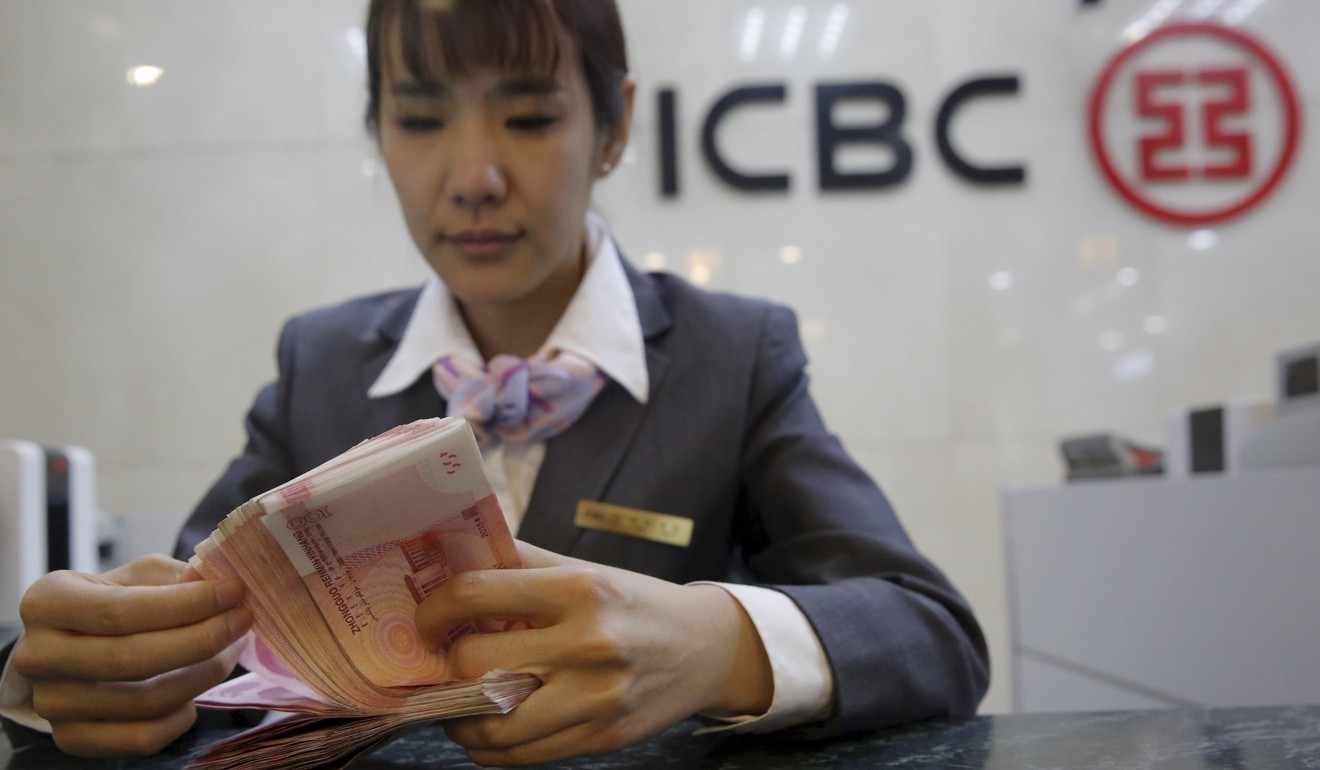
ICBC ordered by Fed to boost money-laundering safeguards
US central bank instructs Chinese lender to establish a system that properly assesses risks associated with products and customers, including ‘politically exposed persons’, at its New York branch
Industrial & Commercial Bank of China (ICBC), the world’s biggest lender, has been ordered by the Federal Reserve to bolster its protections against money laundering.
The Fed found “significant deficiencies” in safeguards at the Chinese bank’s New York branch, the US regulator said in an enforcement order released on Tuesday. The company agreed to submit plans to fix its compliance programmes within 60 days, the Fed said. No financial penalty was imposed.
ICBC failed to properly report suspicious activity and comply with the Bank Secrecy Act, the US law meant to combat money laundering.
The Fed ordered the bank to establish a system that properly assesses risks associated with products and customers, including “politically exposed persons”.
The company must also hire an outside firm to review its dollar-clearing activity in the latter half of 2016 “to determine whether suspicious activity involving high-risk customers or transactions” was properly flagged.

ICBC, with a market capitalisation of US$356 billion and assets well over US$3 trillion, has almost 400 overseas branches in more than 40 countries. The New York branch opened in 2008.
The bank’s New York office didn’t immediately respond to a request for comment.
Other Chinese banks have faced sanctions by US regulators, including Agricultural Bank of China, which in 2016 was targeted by a similar Fed order and fined US$215 million by New York’s banking watchdog over allegations that it tried to obscure dollar transactions by Russian, Chinese and Middle Eastern clients.
In December 2015, the Fed directed Bank of China to overhaul its anti-money-laundering controls, just as it had in July 2015 for China Construction Bank.

